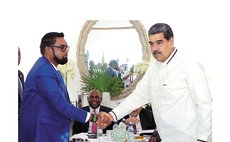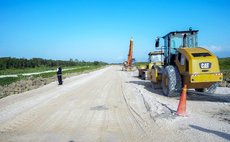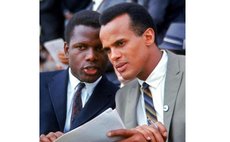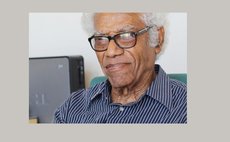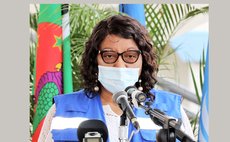Venezuela uncovers assassination, coup plot against president
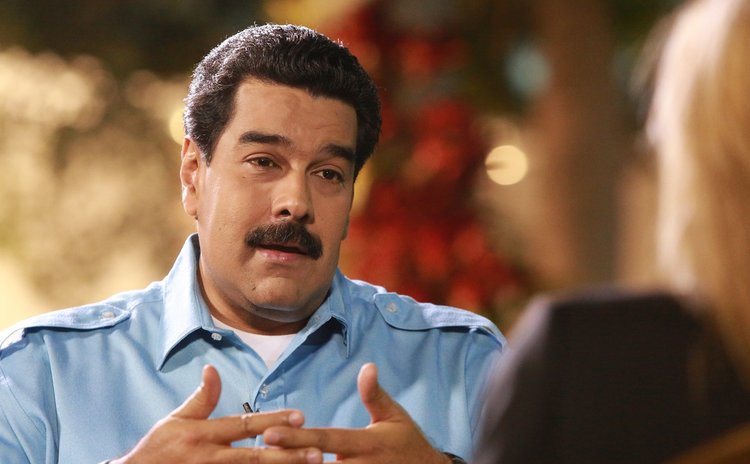
CARACAS, May 28 (Xinhua/Sun) -- Venezuelan authorities Wednesday said they uncovered a plot by opposition leaders, international financiers and officials backed by the U.S. State Department to assassinate President Nicolas Maduro and take over the country.
At a press conference, top socialist leader and mayor of the capital Caracas Jorge Rodriguez denounced the "complex plan" to assassinate Maduro and unleash a spiral of violence in the country to justify foreign intervention.
Rodriguez said the plot, financed by "a multimillion-dollar fund" that has backed different anti-government actions since February, was led by Venezuelan banker Eligio Cedeno, a fugitive from justice in Venezuela.
The mayor also accused former rightwing deputy Maria Corina Machado of being behind the schemes, saying several emails tie her directly to actions aimed at fomenting violent regime change in Venezuela.
In one email, Machado mentions Kevin Whitaker, the U.S. ambassador to Colombia, and says the U.S. has confirmed its support of the political opposition and signaled what new steps should be taken.
"We have a bigger checkbook than the government," another of Machado's purported emails says.
"What we present today is part of a criminal investigation being carried out by the administration of justice, because the Venezuelan opposition aims to destroy the peace and constitutional order of our nation," said Rodriguez.
Rodriguez asked the U.S. government to clarify whether it knew of Whitaker's contacts or if the official acted on his own.
He also said the government will be presenting its evidence of a planned military coup in coming days.
Venezuela has been rocked by violent protests since February promoted by hardline opposition leaders demanding that Maduro step down. The clashes have left 42 dead, 835 injured and led to 2,500 people being detained, according to the Attorney General.
Also Wednesday, Venezuelan deputies rejected a U.S. congressional initiative to apply sanctions against Venezuelan officials accused of violating the human rights of anti-government activists.
Venezuelan National Assembly Deputy Saul Ortega, of the ruling socialist party, said the proposed sanctions were "inofficious," as U.S. laws "lack jurisprudence" in the South American nation.
In statements made to private TV channel Televen, the lawmakers called the measure "an initiative that exposes U.S. interventionism in Venezuela's political crisis and the way it finances the opposition, above all violent groups in Venezuela."
According to Ortega, conservative U.S. legislators campaigning for the sanctions are receiving money from Venezuelan opposition sectors.
"All the anti-Venezuelan groups finance them, they give these lawmakers money," he said.
The U.S. Congress was set to debate a proposed bill to defend human rights in Venezuela later Wednesday.
The bill would make some 15 million U.S. dollars available to Venezuela's violent protesters, Ortega added, in addition to the millions more being spent by the United States Agency for International Development (USAID), National Endowment for Democracy and other agencies.
